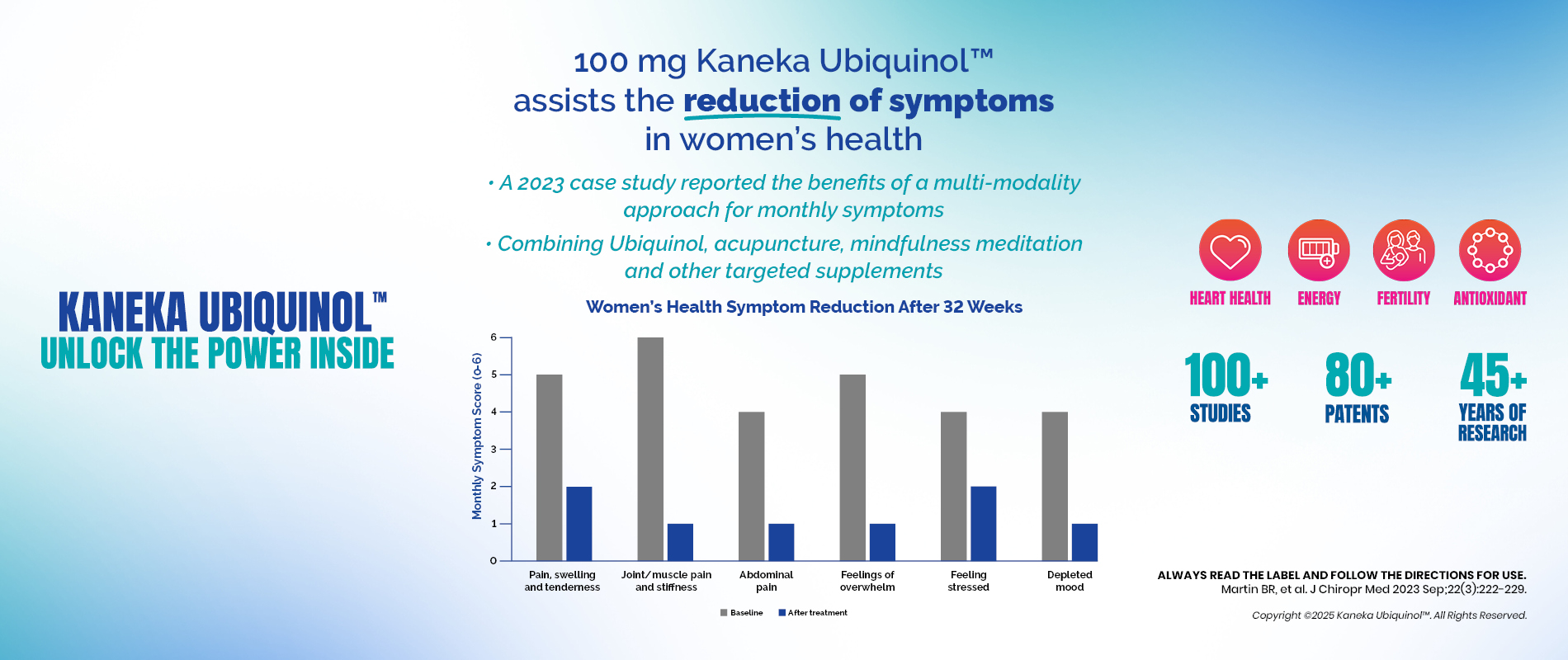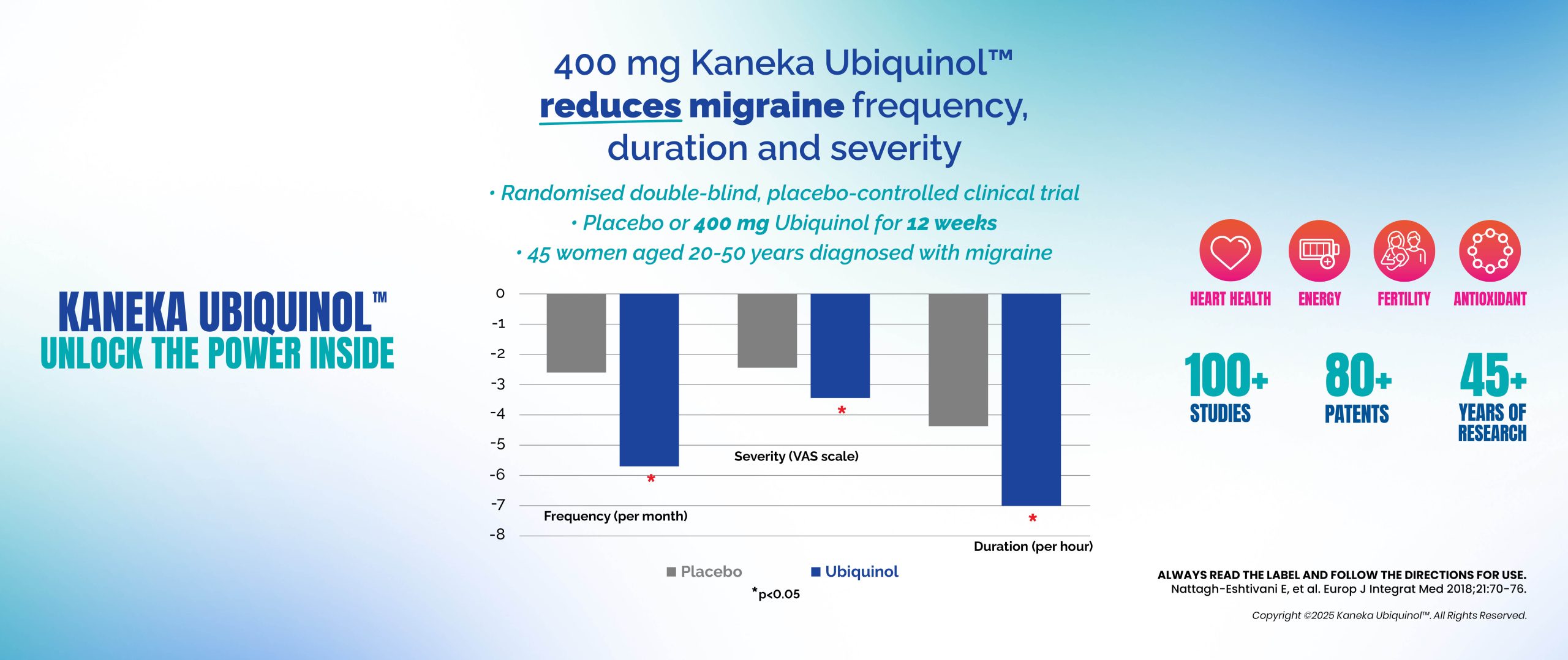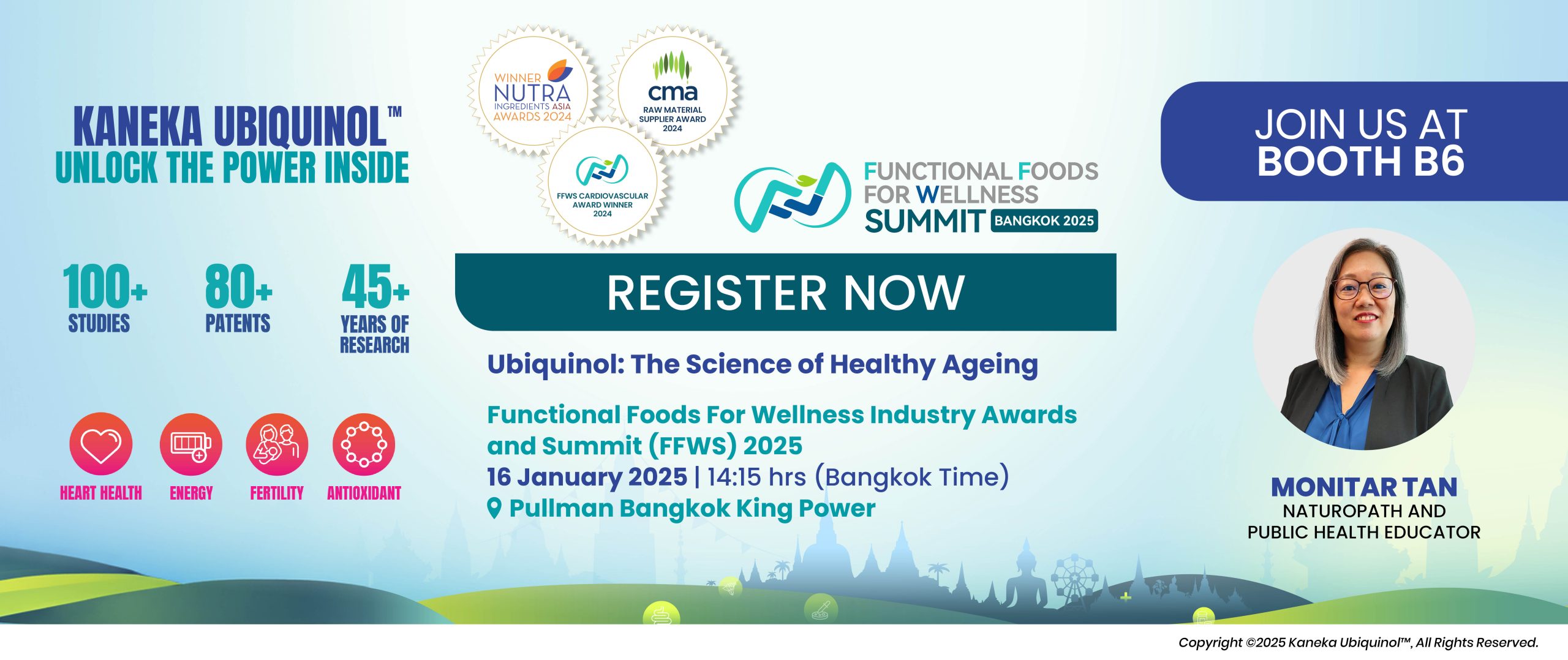Fighting Frailty
Jan 2018Recent Article

Almost half of all Australians over the age of 65 are frail, or what’s known as pre-frail[i], which is when there is a heightened risk of illness or injury.
As we get older our bodies become more susceptible to injury and illness. When your body is frail, or pre-frail, these problems or issues can occur even after a small stress. There are five criteria which most doctors use to determine if your body is frail or pre-frail:
- Fatigue
If you’re tired all the time then you are classified as fatigued. Research has found that women with exhaustion or weight loss were three to five times more likely to become frail than women who didn’t experienced this exhaustion.[ii]
- Resistance
If you have difficulty making it to the top of the stairs (or a similar incline), or have problems getting out of a chair, then your body may be experiencing resistance symptoms due to low muscle strength and mass.
- Ambulation
Walking, which puts very little stress on your body, can become difficult for you. If you can’t walk the distance of a block, then you may be frail or in the category of pre-frail.
- Illness
Have you had five or more illnesses within the last 12 months? When your body is in a frail, or pre-frail state, your body can find it more difficult to shake that cold and bounce back as it once did.
- Loss of weight (unexplained)
While it can be nice to shift a few kilos, if you’re losing weight without making changes to your diet or exercise habits, this can be a cause for concern.
If you identify with three or more of these, then you may be classified as frail. If one or two points apply to you, then you may be in the pre-frail category.
How to take charge of your health
With such a large number of older Australians fitting into the frail and pre-frail category, it’s important to take preventative measures to stave off further illness. There are several ways to make some healthy, positive changes to your lifestyle.
Exercise
This is the most important habit to incorporate into your everyday life. Aim to walk, run or swim for three to five hours every week. Two thirds of this time, pay attention to your pace, as you should be increasing your heart rate to reach a cardio level.[iii] The remaining third should include resistance training, such as weights, free weights, resistance bands and using your own body weight to work out.[iv]
Diet
The Mediterranean diet, which focuses on protein, such as chicken, fish, lean meats, fruit, vegetables, whole grains, legumes, nuts and olive oil, is highly recommended to help offset frail and pre-frail symptoms.[v] In a study of 5789 people, those who followed a mostly Mediterranean diet were overall less than half as likely to become frail over a nearly four-year period compared with those who didn’t adopt this way of eating.[vi]
Medication
Some medication, such as statins to lower cholesterol, can affect your muscles and strength, and may cause fatigue.
Vitamin D
Vitamin D, which we gain from sunshine, is thought to be deficient in many Australians.[vii] Ask your health professional to test your levels, as you may need to supplement your diet.
Ubiquinol
If you’re pre-frail, or frail, or suffering from tiredness and fatigue, including Ubiquinol supplements into your diet can help increase your energy levels.
[i] Study by
[ii] https://www.ncbi.nlm.nih.gov/pmc/articles/PMC3028599/
[iii] https://www.betterhealth.vic.gov.au/health/conditionsandtreatments/arthritis-and-exercise
[iv] https://www.betterhealth.vic.gov.au/health/healthyliving/resistance-training-health-benefits
[v] https://www.sciencedaily.com/releases/2018/01/180111084950.htm
[vi] Gotaro Kojima, Christina Avgerinou, Steve Iliffe, Kate Walters. Adherence to Mediterranean Diet Reduces Incident Frailty Risk: Systematic Review and Meta-Analysis. Journal of the American Geriatrics Society, 2018
[vii] https://www.racgp.org.au/afp/2014/march/vitamin-d/
You can share this by:
Keep up-to-date with Ubiquinol News
Ubiquinol Headlines

Retail Pharmacy: Healthy Ageing in the Spotlight
Apr 2025Category: Ageing, Antioxidants, APP, Conference, Conferences, Endurance, Health, Health Industry, healthy ageing, Immunity, In The News, Mitochondrial health, Nutrition, Online, Stress, Ubiquinol, Vitamins, wellnessRead More
Retail Pharmacy: The Impact of Loneliness on Heart Health
Apr 2025Category: cardiovascular health, dr ross walker, Heart, In The News, Mitochondrial health, Online, UbiquinolRead More
Ubiquinol for Women’s Health
Apr 2025Category: Ageing, Antioxidants, Fertility, Kaneka, Mitochondrial health, Ubiquinol, wellness, Women's HealthRead More
Kaneka Ubiquinol™ at APP 2025: Advancing Healthy Ageing & Longevity
Mar 2025Category: Ageing, Antioxidants, APP, Conference, Conferences, Energy, Fatigue, Health, Health Industry, healthy ageing, Kaneka, Mitochondrial health, Nutrition, UbiquinolRead More
Ubiquinol: Supporting Migraine Relief Through Cellular Energy
Jan 2025Category: Antioxidants, complementary medicine, Energy, Fatigue, Health, Health Industry, healthy ageing, Kaneka, Mitochondrial health, Nutrition, Stress, Ubiquinol, Vitamins, wellnessRead More
Kaneka Ubiquinol™ at Functional Foods for Wellness Industry Awards and Summit, #FFWS2025
Jan 2025Category: Ageing, Antioxidants, Awards, cardiovascular health, Conference, Conferences, Energy, Fatigue, FFWS2025, Health, Health Industry, healthy ageing, Kaneka, Menopause, Mitochondrial health, Nutrition, Ubiquinol, VitaminsRead More
Kaneka Ubiquinol Wins Prestigious Complementary Medicines Raw Material Supplier of the Year Award 2024
Dec 2024Category: Ageing, Awards, cardiovascular health, complementary medicine, Conference, Conferences, Endurance, Energy, Fatigue, Fertility, Fitness, Health, Health Industry, healthy ageing, Heart, Immunity, In The News, Kaneka, Lungs, Memory, Mitochondrial health, Nutrition, Online, Stress, Ubiquinol, Vitamins, wellnessRead More

